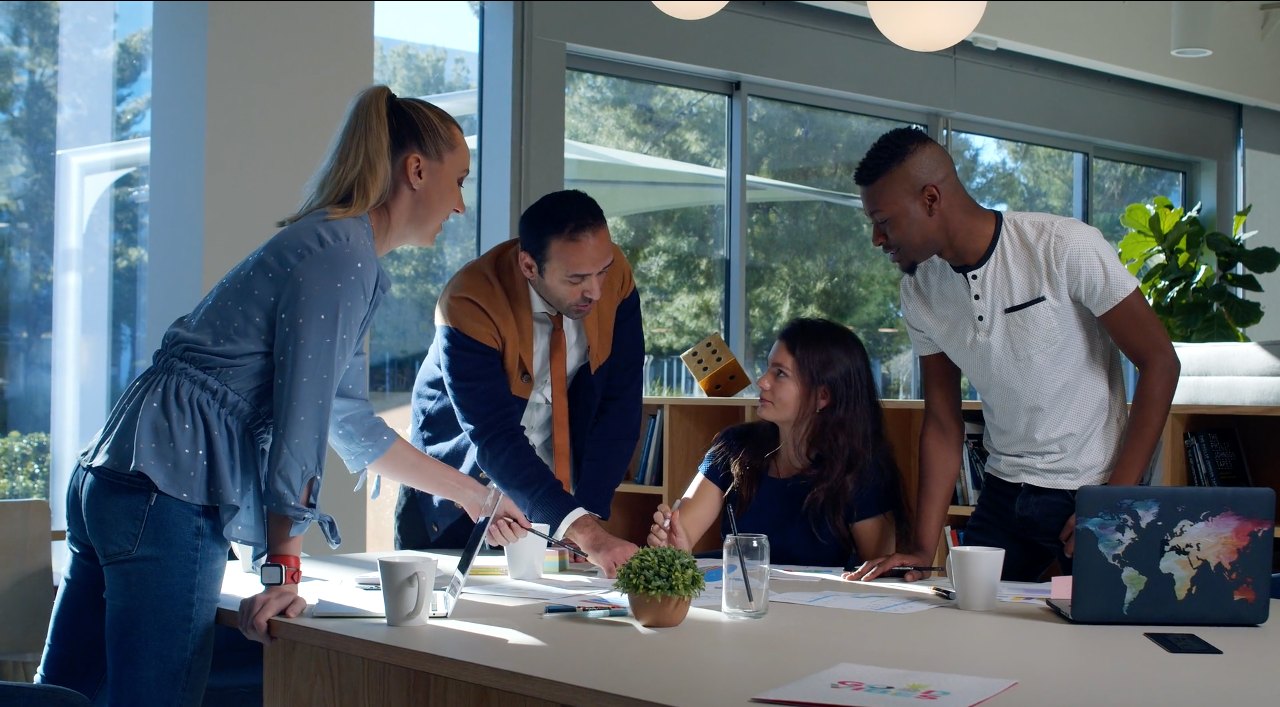
Learning English: A Necessity for Latinos in Florida
- Posted by Katya Pizarro
- Categories Career, Culture, Language Resources
- Tags english, esol, latinos in florida, learn english, learn english for latinos, second language
Learning English as Second Language: A Necessity for Latinos in Florida
In today’s globalized world, speaking a second language not only offers advantages but is essential for success in USA. Organizations need people who can lead in the constantly changing global economy. Improving English language equips individuals with these crucial skills. At the same time, learning another language as English enhances academic achievement, cognitive development, and positive attitudes towards diversity. Simply put, second language learning is now “imperative” for growth in this contemporary society as Florida.
In addition to contributing to global society, imprving English enhances any student’s school performance and cognitive development, including:
- Problem-solving skills
- Communicative skills
- Memory performance (long & short-term)
- Creative & critical thinking
- Attitude towards foreign languages and cultures
- Higher standardized test scores
- Higher reading achievement

Understanding the Joy and Benefits of Learning a English as Second Language
As we learn more about how our brains work with bilingual and multilingual language learning, it’s exciting to see that many old myths are being debunked. When students develop their first language (L1) alongside a second language (L2), they gain language skills that are just as strong as those who only speak one language. The first language actually helps second language learners build valuable skills for both their social and academic lives. It acts like a bridge, making it easier for students to participate in school activities while they are learning their second language. For example, students learning English as a Second Language (ESL) often transfer literacy skills, memory strategies, and learning techniques from their native language to help them succeed in English.
It’s a common misconception that children learn a second language faster and better than adults. In reality, children and adults learn differently. Children are still developing the cognitive abilities needed for language learning and understanding content. They build these skills for both their first and second languages simultaneously. On the other hand, adults can use their existing literacy skills and learning strategies to pick up a second language more effectively. Studies have also shown that starting to learn a second language at a younger age can lead to a more native-like accent because pronunciation involves motor patterns that are harder to change as we get older.
There are various theories on how we learn a second language, many of which are related to how we learn our first language. Behaviorists believe that second language learning involves imitation, repetition, and reinforcement of grammatical structures. Other theories have shifted the focus to communication rather than just grammar. These communicative approaches emphasize natural conversations between native and non-native speakers as key to learning a second language.
Being aware of how we learn a second language helps us appreciate the complexity and benefits of this process for everyone. Understanding the essentials of second language acquisition can enhance both personal and professional development. Promoting second language learning in school curricula and professional training is crucial, as it offers not only cognitive and academic benefits but also career advantages. Bilingual or multilingual speakers have significant benefits over monolingual speakers in our globally connected world. These advantages make learning languages like English, Spanish, Mandarin, Italian, Portuguese, Korean, or any other language an exciting and worthwhile journey!
Dr. Pizarro is the Founder and President of Elite Language Academy, a language center in the USA. As an innate educator, she lectures as a Professor at Broward College in Florida. Her research interests and publications relate to TESOL education, multiculturalism, schooling settings with ESL students, and professional development. Her dissertation Exploring Private School Teachers’ Perceptions and Pedagogical Efficacy with English language Learners has effectively contributed to ESL teaching in the U.S. She has frequently delivered presentations at Annual TASS, Teaching Academic Survival, and Success Conferences.



